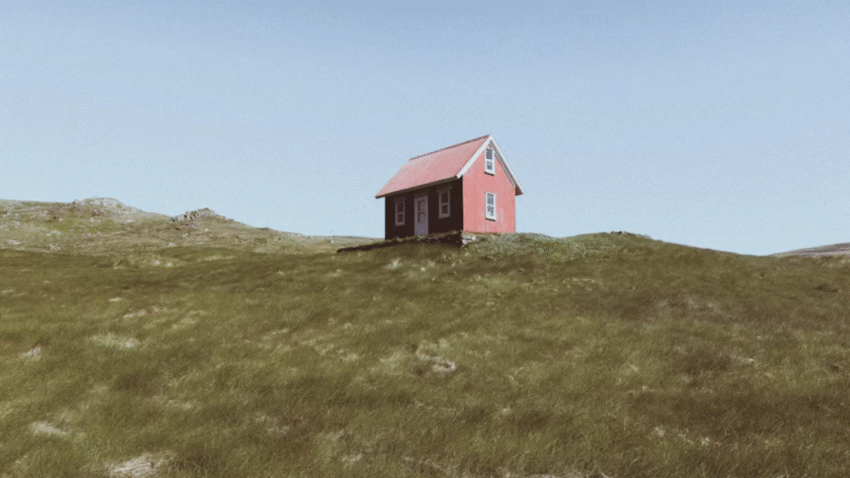Introduction
Running out of floor space in your shed? Learning how to add overhead storage racks is a smart way to maximize unused vertical space. Overhead racks keep bulky or seasonal items off the ground, freeing up room for everyday tools and equipment. With the right installation, you can store more without making your shed feel cluttered.
Why Adding Overhead Storage Racks Matters
Many shed owners overlook the ceiling area, but it’s perfect for storing items you don’t need every day—like camping gear, sports equipment, or holiday decorations. Overhead storage makes your shed safer by reducing tripping hazards and preventing heavy objects from toppling over. It also improves organization and helps you take full advantage of every inch of space in your shed.
Step-by-Step Guide to Adding Overhead Storage Racks
1. Plan Your Storage Needs
Decide what items you’ll store overhead. Keep the heaviest objects at ground level and reserve overhead racks for lightweight but bulky items like plastic bins, garden cushions, or seasonal gear.
2. Choose the Right Rack System
There are two main options:
- Pre-Made Overhead Racks: Easy to install, adjustable, and designed for sheds or garages.
- DIY Wooden Racks: Custom-built using 2x4s, plywood, and screws for a budget-friendly solution.
3. Measure Your Shed Ceiling
Measure the available ceiling space, noting the distance between joists. Standard racks require at least 18–24 inches of clearance above head height for safe access.
4. Locate Ceiling Joists
Use a stud finder to locate joists. Overhead racks must be attached to joists or beams—not just the ceiling panel—to support weight safely.
5. Mark Rack Placement
Mark the rack’s mounting points on the ceiling joists using a pencil and level. Make sure racks won’t interfere with lighting, doors, or other fixtures.
6. Install Rack Supports
For pre-made racks, follow manufacturer instructions to attach brackets securely into joists using heavy-duty screws. For a DIY rack, screw 2×4 crossbeams into the joists as the main supports.
7. Attach the Rack Platform
Install the rack shelf or plywood platform on top of the supports. Secure it with screws, making sure it’s level and stable.
8. Test Weight Capacity
Place a few lightweight items on the rack to check stability before loading it fully. Always follow weight limits—most racks support between 100–200 lbs.
9. Organize Items in Bins
Use clear, labeled bins to keep items tidy and easy to access. Store rarely used items in the back and seasonal gear toward the front.
Common Mistakes to Avoid
- Attaching Racks to Drywall Only
Solution: Always screw into ceiling joists for proper support. - Overloading the Rack
Solution: Stay within manufacturer weight limits to prevent collapse. - Poor Placement
Solution: Avoid installing racks above frequently used areas where items could fall. - Forgetting Labels
Solution: Use labeled bins so you don’t have to rummage through containers. - Blocking Lights or Fixtures
Solution: Plan rack placement so it doesn’t interfere with lighting or ceiling fans.
Extra Shed Tips & Hacks
- Add a Pulley System: Makes lifting heavy bins onto overhead racks much easier.
- Use Clear Bins: Transparent containers make it easy to see what’s stored overhead.
- Install Multiple Racks: If space allows, add several racks for different categories of items.
For more storage solutions, check out our guide on how to organize sports gear in your shed.
Conclusion
Adding overhead storage racks is one of the best ways to maximize your shed’s space. With a few tools and careful installation, you can create a safe, functional storage area that keeps items out of the way but still within reach.
Take advantage of unused ceiling space—and enjoy a cleaner, more organized shed in no time!
Bookmark this guide and make the most of every inch of your shed!
